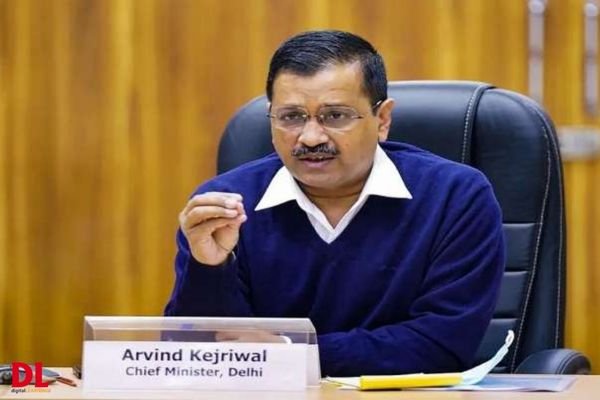The Modi government’s decision to extend the ban on the Jammu and Kashmir Liberation Front (JKLF) led by Yasin Malik for another five years and declare it an ‘Unlawful Association’ has sparked discussions and debates regarding the ongoing situation in the region. Union Home Minister Amit Shah announced the decision, citing the organization’s involvement in activities that promote terrorism and secessionism in Jammu and Kashmir.
In a statement on X (formerly Twitter), Shah emphasized the government’s commitment to zero tolerance towards terrorism and reiterated that any individual or group found challenging the security, sovereignty, and integrity of the nation would face severe legal consequences. The move to extend the ban on the JKLF (Yasin Malik faction) aligns with the government’s efforts to curb terrorism and maintain law and order in the region.
Furthermore, Shah highlighted the declaration of four factions of the Jammu and Kashmir Peoples League as ‘Unlawful Associations’. These organizations, led by individuals such as Mukhtar Ahmed Waza, Bashir Ahmad Tota, Ghulam Mohammad Khan, and Aziz Sheikh, were accused of inciting terror and supporting secessionism in Jammu and Kashmir. The government’s decision reflects its determination to suppress terrorism effectively and uphold national security.
Yasin Malik, the chief of the Jammu and Kashmir Liberation Front, has been at the center of controversy for his alleged involvement in various criminal activities. Malik was recently sentenced to life imprisonment by a trial court for offenses under the Unlawful Activities (Prevention) Act (UAPA) and the Indian Penal Code (IPC). The National Investigation Agency (NIA) has filed an appeal seeking the enhancement of Malik’s sentence to the death penalty, citing the severity of his crimes.
The court’s verdict against Malik included charges such as waging war against the government of India, raising funds for terrorist activities, and criminal conspiracy. These charges underscore the gravity of Malik’s actions and the threat they pose to national security. The decision to extend the ban on the JKLF reflects the government’s determination to combat terrorism and maintain peace and stability in the region.
The situation in Jammu and Kashmir remains complex, with ongoing security challenges and political tensions. The Modi government’s actions aimed at addressing these challenges have drawn both support and criticism from various quarters. While some commend the government’s efforts to maintain law and order and combat terrorism, others raise concerns about civil liberties and human rights violations.
As the government continues to navigate the complexities of the region, it faces the daunting task of striking a balance between security imperatives and respecting democratic principles. The decision to extend the ban on the JKLF underscores the government’s unwavering commitment to national security and its determination to confront terrorism effectively. However, it also underscores the need for a comprehensive and inclusive approach to address the underlying grievances and aspirations of the people of Jammu and Kashmir.














